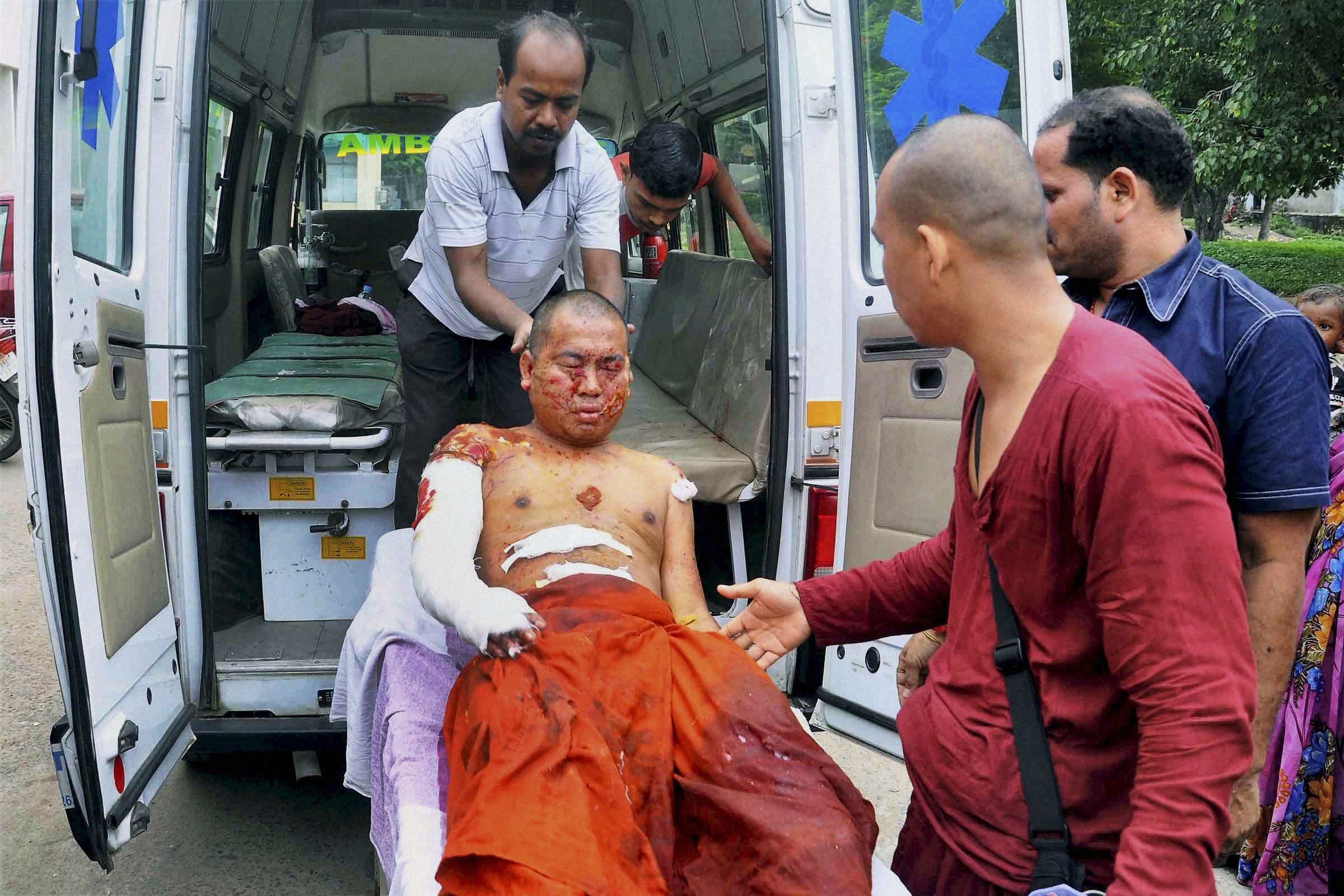By Sana Das

RECENTLY, A Gujarat sessions court rejected a 13-year-old rape victim’s plea for abortion, saying there was no evidence to show that her “health” would suffer because of the pregnancy. The girl, daughter of labourer parents, was raped by her neighbour-employer to whose house she had been sent for work. After being refused an abortion by a local doctor, the girl approached the sessions court under the provisions of the Medical Termination of Pregnancy Act, 1971. She has now been forced to appeal to the Gujarat High Court.
The sessions court verdict raises two vexing questions: one, regarding the medico-legal treatment that forefronts a debate between pro-life and pro-choice views on abortion, and two, the totally overlooked issues of childhood and adolescence that are at stake here.
Why was the girl’s “health” the only ground on which the court gave its judgment when, read closely, the regulation of abortion by the MTP Act, seems governed by two factors — consent of the woman and her health?
Further, what is the full meaning and scope of the term “health” coded in the Act, and has the court made full use of it? While the Act lists a number of physical, mental and psycho-social disqualifications for pregnancy or what could be called the contraindications for MTP, it also provides two explanations of “mental health”. One, wherein pregnancy has been caused by rape, and two, where it is caused by failure of a family planning device.
Given that the girl’s counsel argued that the pregnancy had been caused by rape, why has the court opted for such a narrow interpretation of the meaning of “health” in the said Act? It has used only one set of explanations concerning physical health, while ignoring the other involving permission for MTP for rape-induced pregnancy to safeguard mental health.
World over, stricter medico-legal access to MTP, its criminalisation and decriminalisation, has been regulated from multiple points of view — whether the state in its management of population and health has no right (as in France) or all the right (China) to take decisions so private to the individual; safeguarding women’s lives and reproductive rights (India, Vietnam); enforcing a moral responsibility along with choice with regard to the life-stage of the foetus and the place of abortion as pro-life advocates argue; as being the last choice in the absence of all preventive options in favour of maternal health.
If we read the court verdict as a disguised pro-life judgment, then we need to ask if the pro-life views have any room for choice. Actually, yes. But even most pro-life campaigners would make exceptions for rape and incest.
Surely courts know this girl has the right to a childhood free from fear, trauma and early domesticity
But it is shocking when courts ignore the implications of a verdict that is sure to force adulthood on a minor. Where is the cognizance or sympathy for fears that surely underlie a child’s plea for abortion? Can the courts really not see what a terrifying prospect it must be for a 13-year-old to stand at the threshold of motherhood, the status of her health notwithstanding? At that age, most girls do not even understand their own bodies well enough, let alone take care of another. Is it asking for too much to have a society and law capable of compassion for both pregnant young women and unwanted babies? Surely the courts know that this girl has the right to a childhood free from fear, poverty, abuse, trauma, and early domesticity? Why should her future be fashioned by the consequences of a crime committed against her? Already impaired in many ways, should more be added to her burden? Postponement of familial-domestic responsibilities through a longer education is now regarded crucial. Shouldn’t that be seen by our courts as “health” too? •
sanadas26@gmail.com




